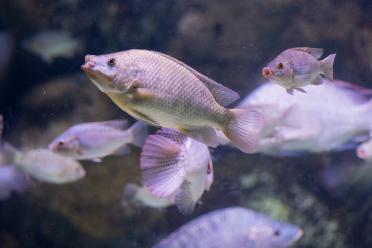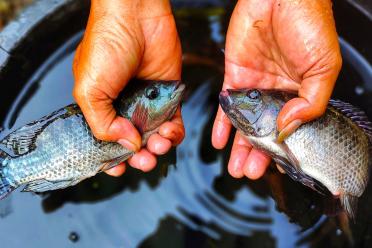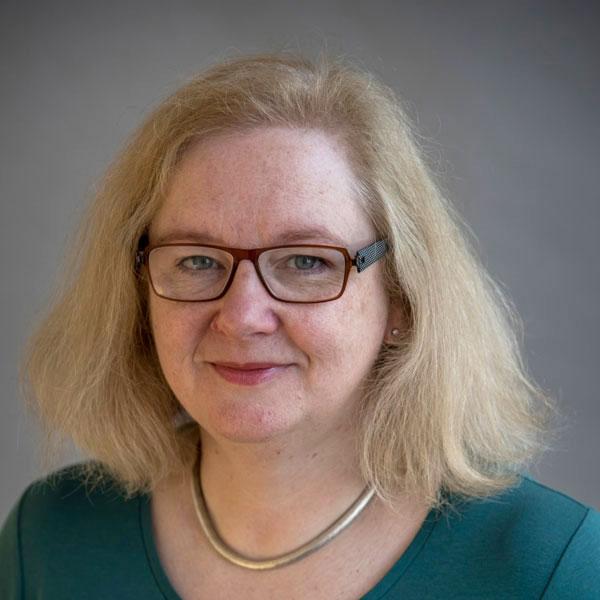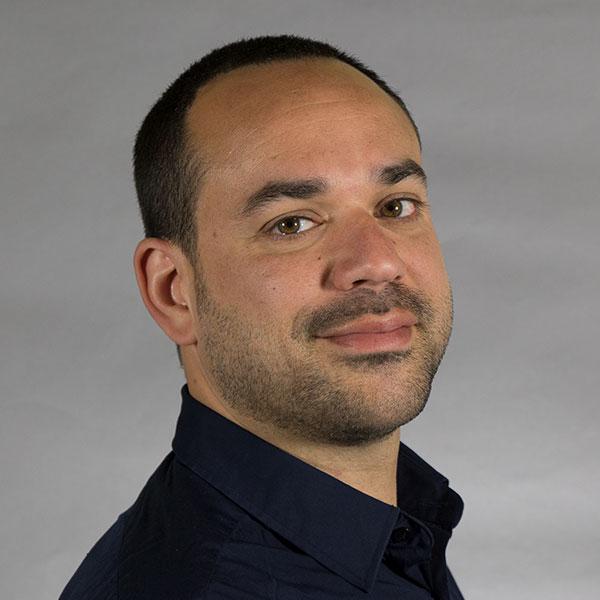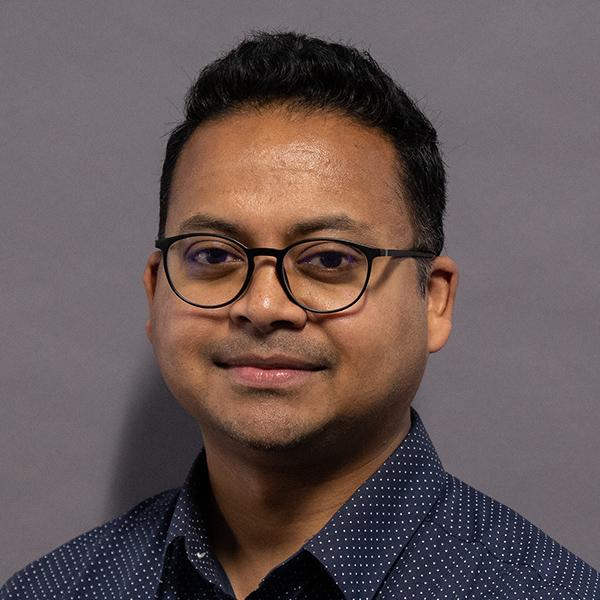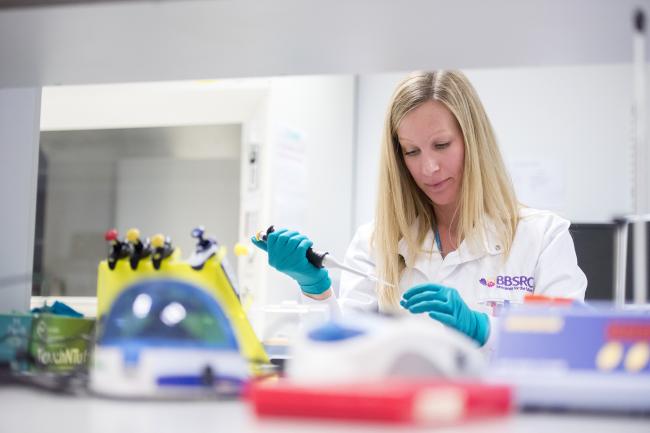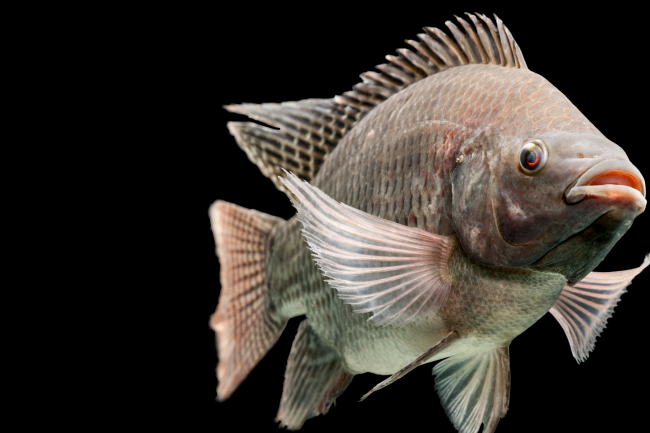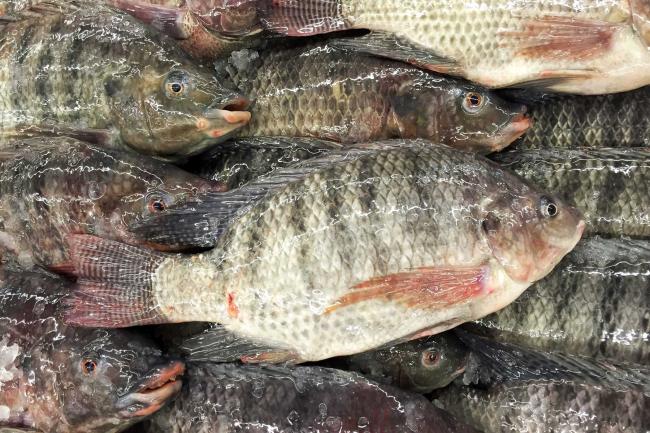The paper, Chromosome-level genome sequence of the Genetically Improved Farmed Tilapia (GIFT, Oreochromis niloticus) highlights regions of introgression with O. mossambicus, has been published in the journal Communications Biology.
G. J. Etherington, W. Nash, A. Ciezarek, T. K. Mehta, A. Barria, C. Peñaloza, M. G. Q. Khan, A. Durrant, N. Forrester, F. Fraser, N. Irish, G. G. Kaithakottil, J. Lipscombe, T. Trong, C. Watkins, D. Swarbreck, E. Angiolini, A. Cnaani, K. Gharbi, R. D. Houston, J. A. H. Benzie & W. Haerty
DOI: 10.1186/s12864-022-09065-8
For more information, please contact:
Greg Bowker
Head of Communications, Earlham Institute (EI)
+44 (0)1603 450 895 / greg.bowker@earlham.ac.uk
About the Earlham Institute
The Earlham Institute is a hub of life science research, training, and innovation focused on understanding the natural world through the lens of genomics. Embracing the full breadth of life on Earth, our scientists specialise in developing and testing the latest tools and approaches needed to decode living systems and make predictions about biology.
The Earlham Institute is based within the Norwich Research Park and is one of eight institutes that receive strategic funding from UKRI Biotechnology and Biological Science Research Council (BBSRC), as well as support from other research funders.
About WorldFish
WorldFish is an international, nonprofit research and innovation institution that creates, advances, and translates aquatic food systems science into scalable solutions. We vision an inclusive world of healthy, well-nourished people and a sustainable blue planet, now and in the future. Our mission is to end hunger and advance progress on the 2030 Sustainable Development Goals through science and innovation to transform food, land, and water systems with aquatic foods for healthier people and the planet.
For over 45 years, WorldFish's data, evidence, and insights have shaped practices, policies, and investments to end hunger and advance sustainable development in low- and middle-income countries. We have a global presence across 20 countries in Asia, Africa, and the Pacific, with 460 staff of 30 nationalities deployed where the most significant sustainable development challenges can be addressed through holistic aquatic food systems solutions. Embedded in local, national, and international partnerships, our work sets agendas, builds capacities, and supports decision-making for climate action, food and nutrition security, sustainable fisheries and aquaculture, blue economy, One Health, and AgriTech, integrating gender, youth, and social inclusion.
A core element of the 2030 WorldFish Research and Innovation Strategy: Aquatic Foods for Healthy People and Planet is focused on building the resilience of aquatic food systems to shocks, which is critical to COVID-19 response and recovery.
WorldFish is part of CGIAR, the world's largest agricultural research and innovation network.
For more information, please visit https://www.worldfishcenter.org.
About CGIAR
CGIAR is the world’s largest global agricultural innovation network. We provide evidence to policy makers, innovation to partners, and new tools to harness the economic, environmental and nutritional power of agriculture.
CGIAR has a wealth of experience and knowledge spanning 50 years that builds on a track-record of innovation and world-class research. Thanks to our funders, CGIAR research has transformed the lives of hundreds of millions of people through tangible research outcomes.
The 15 CGIAR Research Centers are independent, non-profit research organizations, conducting innovative research. Home to more than 8,000 scientists, researchers, technicians, and staff, CGIAR research works to create a better future for the world’s poor. Each Center has its own charter, board of trustees, director general, and staff. CGIAR Research Centers are responsible for hands-on research programs and operations guided by policies and research directions set by the System Management Board.
For more information, please visit https://www.cgiar.org.
